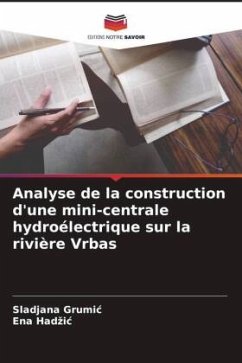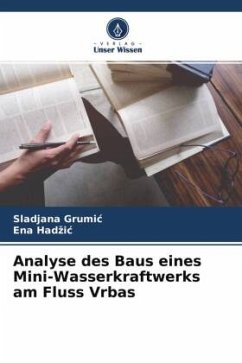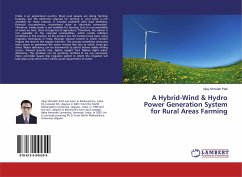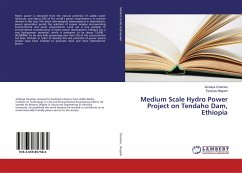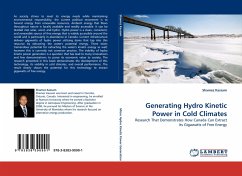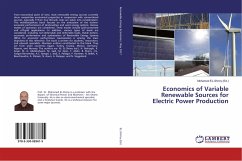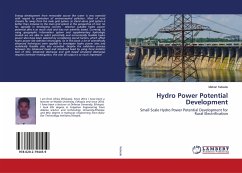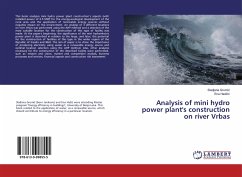
Analysis of mini hydro power plant's construction on river Vrbas
Versandkostenfrei!
Versandfertig in 6-10 Tagen
27,99 €
inkl. MwSt.

PAYBACK Punkte
14 °P sammeln!
This book analyzes mini hydro power plant construction's aspects (with installed power of 0.5 MW) for the energy-ecological development of the rural area and the application of renewable energy sources without negative impact on the environment. An analysis of 3 different locations on river Vrbas was performed using the AHP method and a selection of the most suitable location for the construction of this type of facility was made. At the paper's beginning, the significance of the mini hydroelectric power plant is described in relation to the large, and later, the potential for the construction...
This book analyzes mini hydro power plant construction's aspects (with installed power of 0.5 MW) for the energy-ecological development of the rural area and the application of renewable energy sources without negative impact on the environment. An analysis of 3 different locations on river Vrbas was performed using the AHP method and a selection of the most suitable location for the construction of this type of facility was made. At the paper's beginning, the significance of the mini hydroelectric power plant is described in relation to the large, and later, the potential for the construction of facilities of this type in the wider region of the Republic of Srpska and B&H. The aim of paper is to show the importance of producing electricity using water as a renewable energy source and optimal location selection using the AHP method. Also, other analyzes necessary for the construction of the described facility were performed, such as: mission and vision, market and competition analysis, business processes and services, financial aspects and construction risk assessment.



